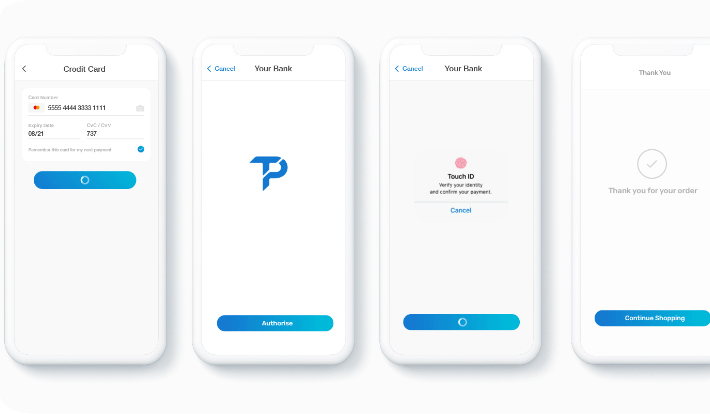Terms & Conditions Agreements:
- Online Payment Specialists
- Risk Management
- Discover The Benefits


Terms and conditions may also be referred to as T&C, ToS, or ToU. They can be composed of requirements, rules, special arrangements, provisions, and standards.
Terms and Conditions enable businesses to clarify the conditions by which a user must abide when using their service. These usually include the use of content (copyright), the rules that users must follow while interacting with one another on the website/app and, rules related to the cancellation or suspension of a user’s account.
There have been a few studies conducted to answer this question. And although they provide slightly different figures, one thing we can agree on is that it’s a very small percentage of people do read them.
ProPrivacy succeeded in persuading 99% of survey respondents to surrender ridiculous things like the naming rights of their first-born child and browsing history access to their mothers. While this was just an experiment, the report did prove that only 1% read the terms and conditions.
The Guardian states, only 7% of people online read the entire terms and conditions document. And 20% of people have suffered in one way or another by not reading it. So why don’t we read them?
The typical answer you’ll often get is, terms and conditions are too long, they are presented in very small font, and that they are full of legal terminologies that make them hard to understand.
Few people read the fine print, even though they should do. But, how long would it take to read all of the fine print when downloading digital wallets? What reading level would we need to be at? Will we even understand what we are agreeing to, or are they full of jargon?
The digital wallet provider that had the longest terms to read and accept was PayPal. In fact, it would take you 1hr and 26mins to read all of PayPal’s terms and conditions. Who has time for that? There has to be a quicker way, right?
This was closely followed by Cash App with 1hr 20 of reading time and Venmo at 1hr 7mins. Alipay T&C’s would take around 54mins, Zellepay would take 48mins, WeChat Pay 21mins, Apple pay 13mins, Samsung Pay 11mins and Google Pay at 9mins.
In the same time it takes to read PayPal, Cash App, Venmo, Alipay and Zellepays terms and conditions, you could have got a flight from London to Europe.
To be specific, while reading PayPal’s terms, you could catch a 1hr 26minute flight from London to Geneva in Switzerland. Does that put this into perspective?
While reading Cashapp’s terms you could fly to Cologne, Germany. While reading Ali Pay’s terms you could fly to Amsterdam in the Netherlands, and while reading Venmo’s you could fly to Antwerp, Belgium. And last but not least, you could fly to Paris instead of reading Zella Pay’s T&C’s.
Venmo has the most jargon words with over 100 detected throughout. The second most jargon-filled T&C’s was Cash App where 68 were detected. Interestingly Cash App T&C’s were longer, taking an extra 13 minutes to read over Venmo, yet Venmo used 33% more jargon words.
Why is jargon a problem? Jargon makes you untrustworthy. One of the biggest communication barriers – and one that can be easily avoided is the use of jargon.
Jargon words are meant to enhance communication by simplifying a particular concept. This only works when everyone involved in the conversation is aware of the word’s meaning.
We decided to take things one step further by looking into the context of these terms and conditions.
First, and by far the most shocking is PayPal. With the longest terms and conditions it could be easy to miss these three shocking terms of waiving your moral rights, the service also holds onto content that you’ve deleted and they still track you even if you opt-out from tracking.
Google Pay stores data on you even if you did not interact with the service, Your identity is used in ads that are shown to other users, they hold onto content that you’ve deleted and your personal data is given to third parties.